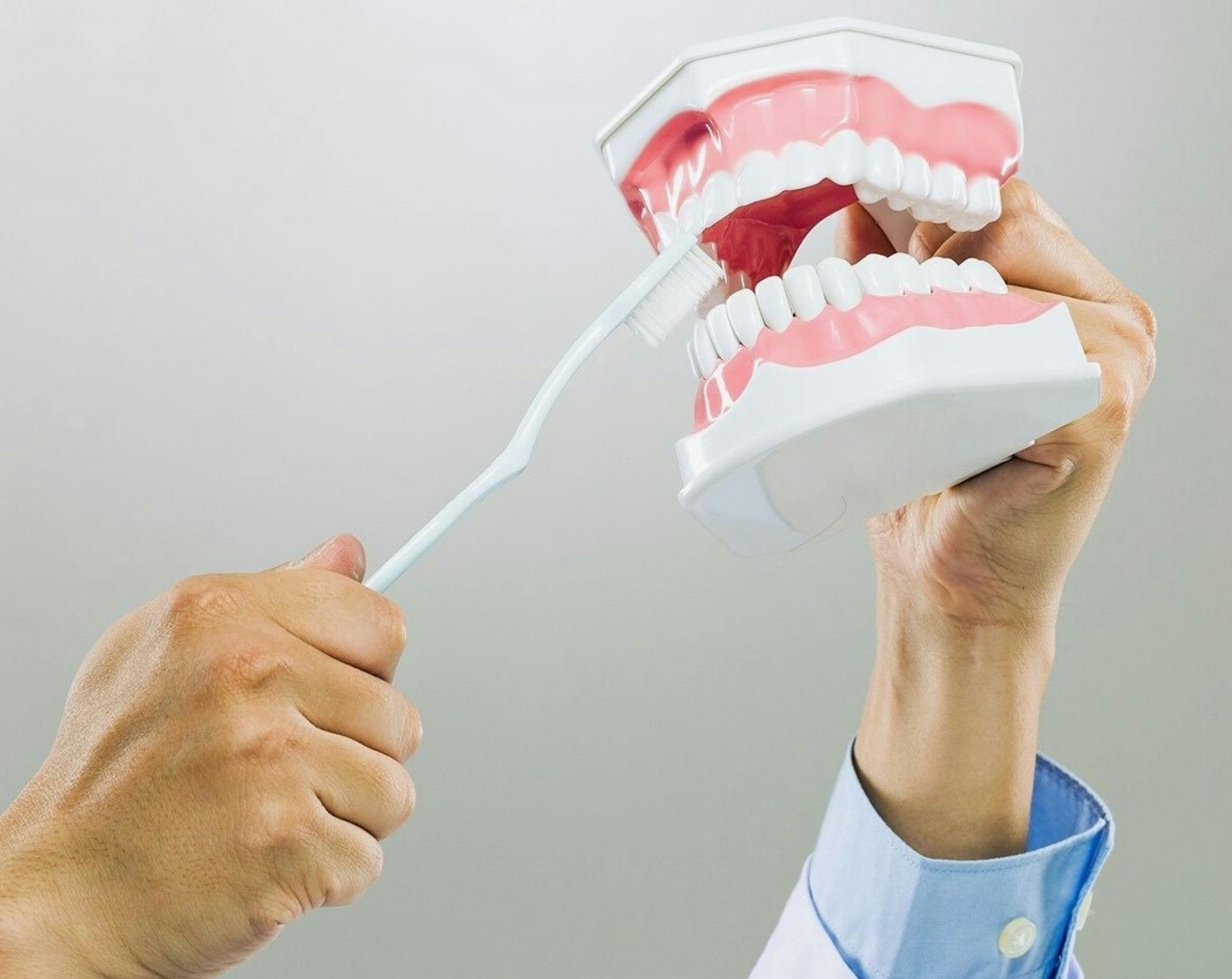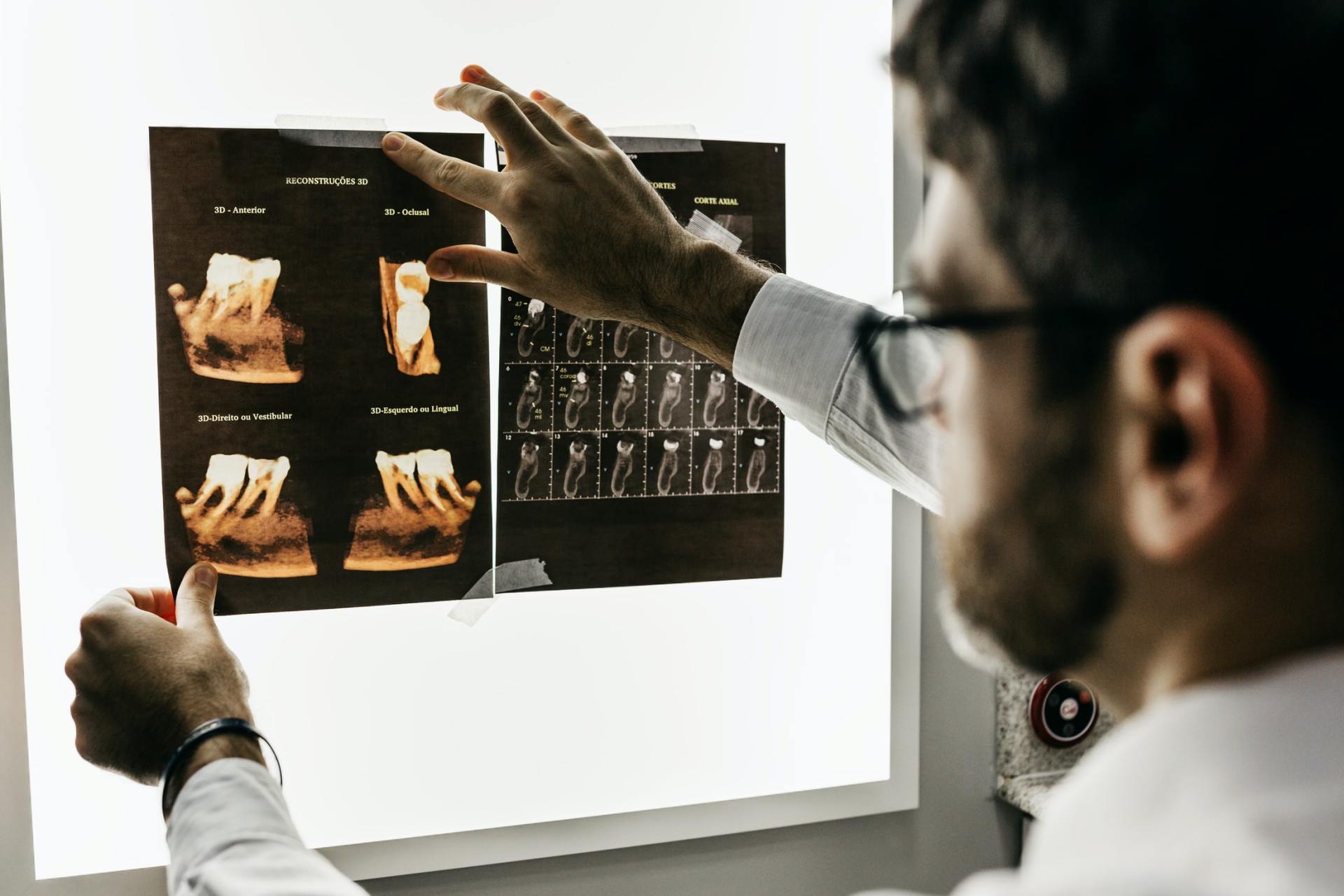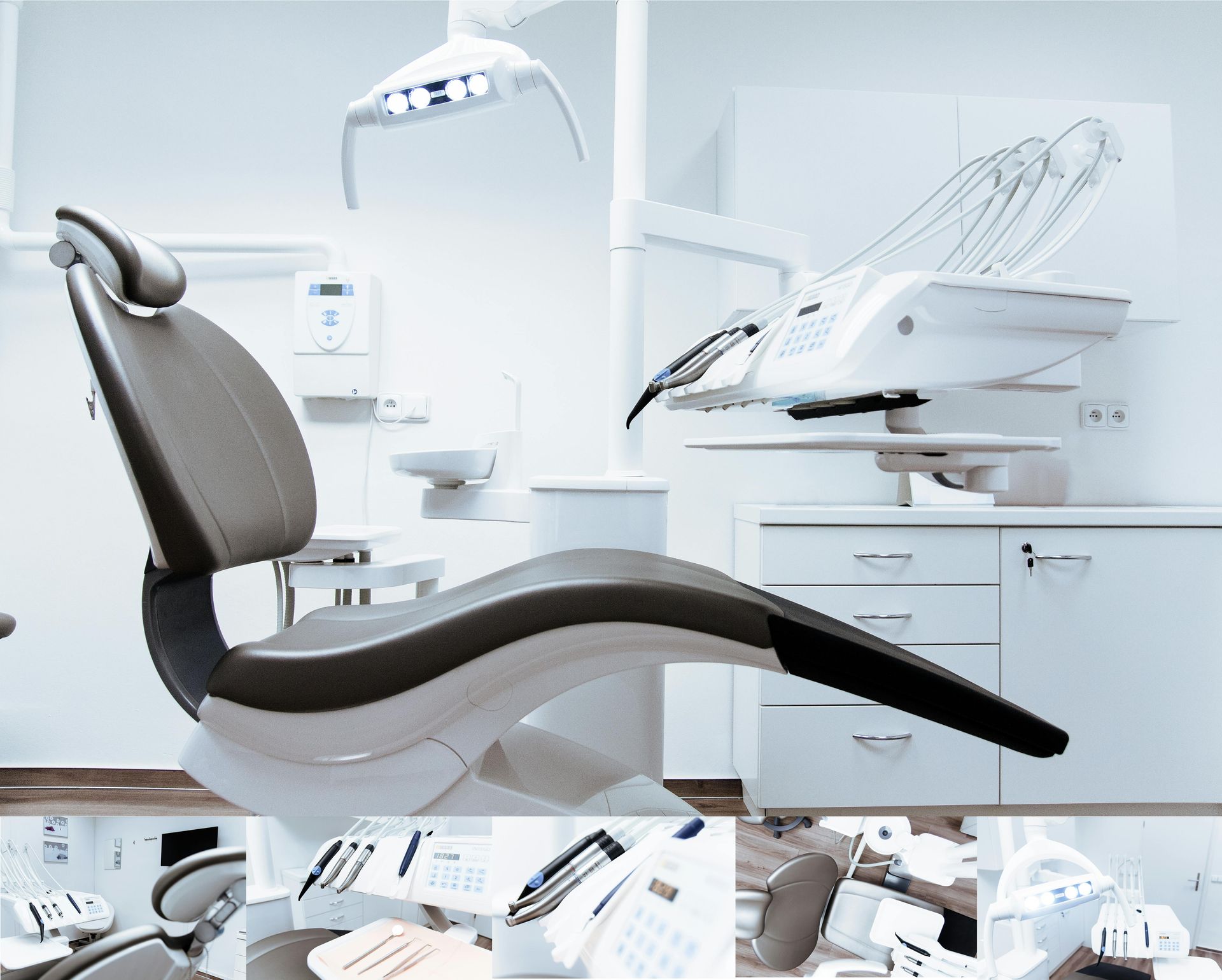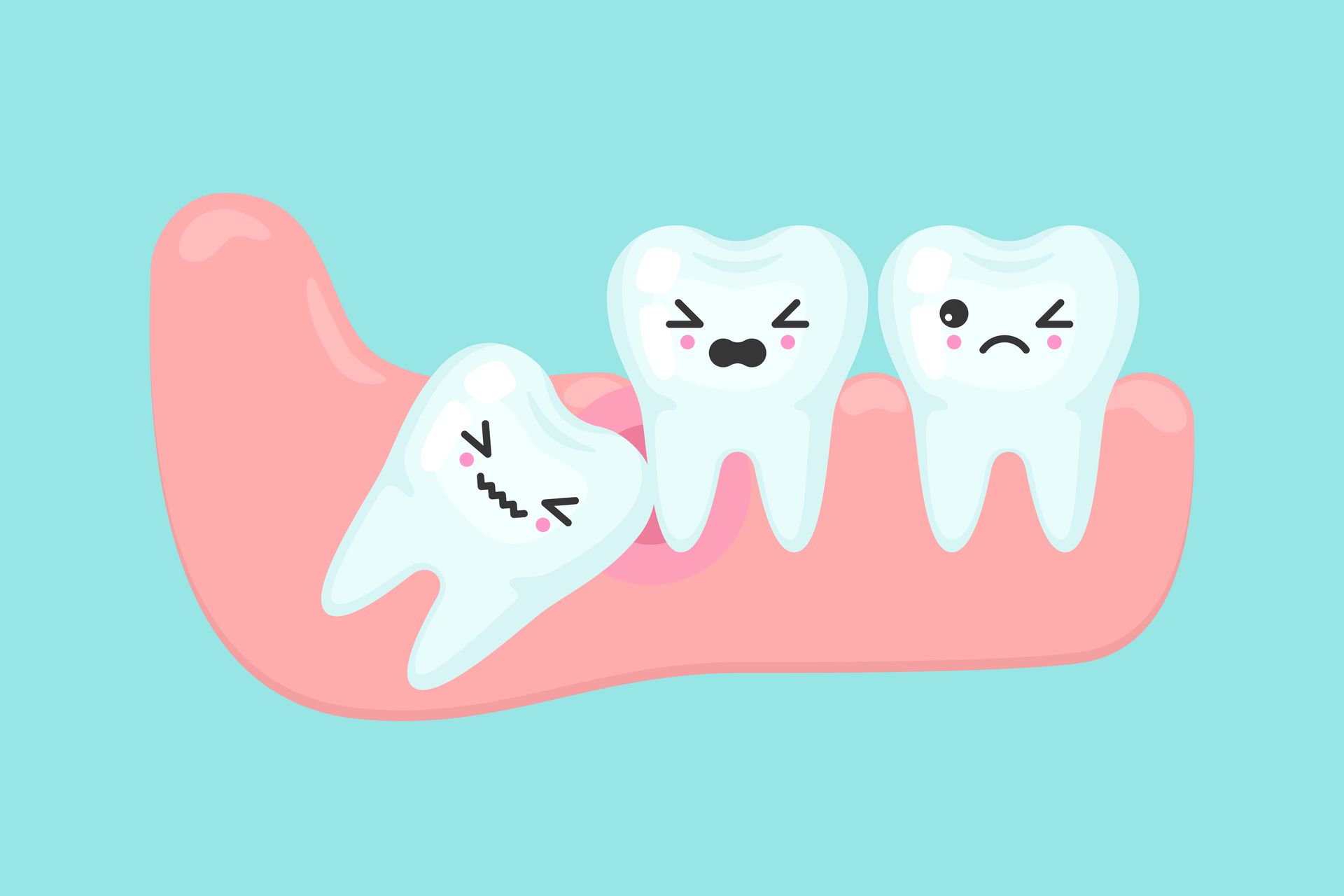Best Age for Wisdom Tooth Extraction
Wisdom teeth can cause significant problems if we don't address them at the right time. As oral surgeons, we frequently see patients who wish they had acted sooner when it comes to wisdom tooth extraction. The timing of this procedure can make a dramatic difference in both the complexity of surgery and your recovery experience.
Most people develop wisdom teeth between ages 17 and 25, but the ideal time for extraction often comes earlier than you might think. Understanding when to schedule this procedure can save you from pain, complications, and more extensive treatment down the road.
Why Timing Matters for Wisdom Tooth Extraction
The age at which you have wisdom teeth removed directly impacts several important factors. Younger patients typically experience faster healing, fewer complications, and easier extractions because their tooth roots haven't fully developed yet.
We've found that patients in their late teens often recover within a few days, while those who wait until their thirties or forties may need weeks to fully heal. The bone density also increases with age, making extraction more challenging and potentially requiring more complex surgical techniques.
Your jaw continues developing through your early twenties, which means problems that seem manageable now can worsen over time. What appears as minor crowding at 18 can become severe misalignment by 25, affecting your entire smile and bite.
The Sweet Spot: Ages 16-20
Research consistently shows that the optimal window for wisdom tooth extraction falls between ages 16 and 20. During this period, the roots of wisdom teeth are typically two-thirds developed, making removal significantly easier while still preventing future complications.
At this age, your bone tissue remains relatively soft, allowing us to extract teeth with less trauma to surrounding structures. The healing process also occurs more rapidly because younger patients have better blood circulation and cellular regeneration capabilities.
We often recommend evaluation around age 16, even if wisdom teeth haven't fully erupted yet. This timing allows us to monitor their development and plan extraction before problems arise, rather than waiting for pain or complications to force immediate action.
Clear Signs It's Time for Extraction
Several symptoms indicate that wisdom tooth removal can no longer be delayed. We encourage patients to schedule consultations when they notice any of these warning signs.
Persistent Pain and Pressure
Chronic discomfort in the back of your mouth, particularly when chewing, often signals that wisdom teeth are impacting adjacent structures. This pain may come and go initially but typically becomes more frequent and intense over time.
The pressure sensation often extends beyond the immediate area, causing headaches, earaches, or jaw joint discomfort. These symptoms indicate that wisdom teeth are affecting your bite alignment and jaw function.
Recurring Gum Inflammation
Swollen, tender, or bleeding gums around wisdom teeth suggest ongoing irritation and potential infection. This inflammation may temporarily improve with careful cleaning but returns repeatedly because the underlying problem remains unresolved.
Bad breath or unpleasant taste in your mouth can accompany gum inflammation, indicating bacterial buildup in areas you cannot adequately clean. These symptoms often worsen during periods of stress or illness when your immune system is compromised.
Difficulty with Oral Hygiene
If you struggle to brush or floss around your back teeth, wisdom teeth are likely creating cleaning challenges that will lead to decay and gum disease. We often see cavities develop on both wisdom teeth and adjacent molars due to inadequate access for cleaning.
Food consistently getting stuck in the same area despite careful cleaning efforts indicates that wisdom teeth have created trap zones where bacteria can accumulate. This situation will only worsen as wisdom teeth continue attempting to erupt.
Visible Changes in Your Smile
Noticing that your teeth appear more crowded or that your bite feels different suggests wisdom teeth are applying pressure to your existing teeth. These changes often occur gradually, making them easy to overlook until they become significant.
If you previously had orthodontic treatment, any relapse in tooth alignment should prompt immediate evaluation. The investment you made in straight teeth can be preserved with timely wisdom tooth extraction.
Planning Your Wisdom Tooth Surgery
This is paragraph text. Click it or hit the Manage Text button to change the font, color, size, format, and more. To set up site-wide paragraph and title styles, go to Site Theme.
Comprehensive Evaluation Process
Our evaluation begins with a thorough clinical examination and advanced imaging to assess the position, size, and relationship of your wisdom teeth to surrounding structures. This information allows us to predict potential complications and plan the most appropriate surgical approach.
Digital X-rays and 3D imaging help us visualize root formation, nerve proximity, and bone density. We use this data to determine whether simple extraction or surgical removal will be necessary, and to estimate recovery time.
Sedation and Comfort Options
We offer various sedation options to ensure your comfort during wisdom tooth extraction. Local anesthesia provides complete numbness in the treatment area, while additional sedation can help you feel relaxed and comfortable throughout the procedure.
For patients having multiple teeth extracted or complex surgical procedures, we often recommend IV sedation or general anesthesia. These options allow us to complete treatment efficiently while ensuring you remain comfortable and have no memory of the procedure.
Schedule Your Consultation Today
Don't wait for pain or complications to force your hand with wisdom tooth extraction. The younger you are when we remove these teeth, the easier the procedure and faster your recovery will be.
We've helped thousands of patients in the Williamsville area achieve optimal oral health through properly timed wisdom tooth extraction. Our advanced techniques and personalized care ensure the most comfortable experience possible. Call our office at 716-633-8400 to schedule your wisdom tooth evaluation. Together, we can determine the best timing for your extraction and develop a treatment plan that fits your schedule and needs. Your future self will thank you for taking action now rather than waiting for problems to develop.







